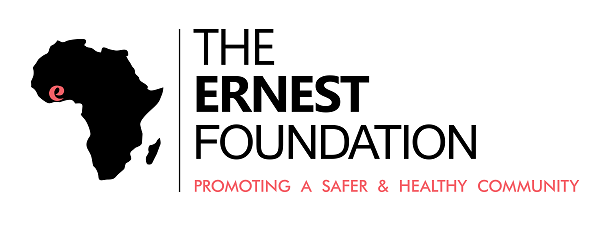With Section 377 out and implementation of the HIV and AIDS Prevention Act, patients rights groups working on AIDS prevention this new act should become a foundation for the health ministry to speed up its advocacy efforts among vulnerable groups like the male who have sex with male (MSM) community. The efforts to publicly promote safe sex awareness programs among the MSM populations was what led to the first petition challenging the Section 377, a colonial era law that made criminalised any sexual intercourse against the order of nature. In 2001 it was the arrest of a HIV worker who was distributing condoms among the MSM community that led to public health groups knocking at the doors of court to quash Section 377.
Though India and rest of the world have made significant progress in brining down the HIV rates the World Health Organisation in the last few years has called on States to renew the effort to expand the advocacy among the MSM groups. There was always a fear among the MSM community in accessing health facilities as they feared what cops would do to them. Even online whenever there was a discussion around accessing health services, there was fear that it would get reported, now that worry is gone according to Tripti Tandon, from Lawyers Collective-one of the petitioners against Section 377.
One of the key recommendations that global public health organisations like WHO have have stressed on is preventing AIDS among high risk groups. One of those recommendations have been to introduce Pre-exposure prophylaxis or PrEP which advocates taking anti retrovirals as an additional method to prevent HIV virus. WHO has pointed out that lack of protective laws, and insufficient health worker skills and knowledge about sexuality and sexual health, was leading to reduced access to health services for MSM and Transgender populations.
In 2015 the WHO came up with a fresh guideline to treat the high risk groups and it had noted that rates of HIV infection among men who have sex with men remain high almost everywhere. In Asia WHO has recommended that to speed up HIV prevention health groups need to focus on MSM, Transgenders, sex workers and their male parters as the top three population groups. These groups need to be provided health services that includes HIV prevention tools like condoms, PrEP, HIV testing centres and HIV treatment and care among others.
Dr Sanjay Pujari, Director of The Institute of Infectious Diseases, Pune says that he expects a complete overhaul in the way health services are accessed by the high risk groups. “The medical community needs to now gear up to address the health needs of the MSM and transgender groups, they are woefully unaware still. I also anticipate the MSM community will be motivated to know about prevention modality now that the law has changed”, Pujari told ET. He said that time is ripe now to start MSM related sexual health clinics where services right from counselling, prevention and treatment of HIV and sexually transmitted diseases can be provided.
AIDS Health Care foundation is on its way for doing exactly that. The not for profit group will open a centre in Delhi that it said will provide opportunity to the MSM groups for partaking HIV related services. “We have a renewed mission on HIV prevention now. As an organisation we will now provide a safe space to the LGBTQ group to access all sort of services related to HIV prevention””, said Sam Prasad, Country Program Director, AIDS Healthcare Foundation to ET.
However few activists also think that there needs to be a new approach in addressing the issue of AIDS prevention. Mumbai based Humsafar Trust has pioneered these clinics that provided HIV treatment and preventive services to at risk groups, even when the law did not allow. Ashok Row Kavi, founder of Humsafar told ET that this now work should begin to tackle the several social and psychological issues that the transgender and MSM community face. We need to get at the bottom of the issue of why gay men indulge in high risk behaviour, unless we find that out we can’t succeed in preventing the disease, Kavi said.
Source:Economic Times

